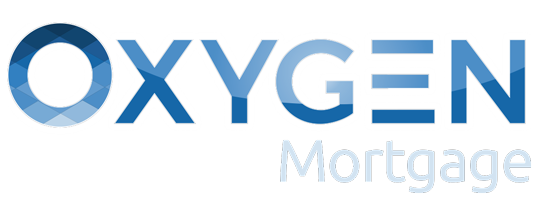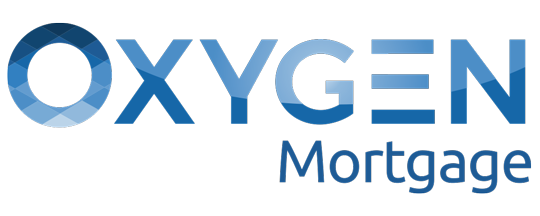Calculating and managing your debt-to-income ratio is crucial when applying for a mortgage.
To calculate your DTI, add up all your monthly debt payments, including rent or mortgage, car payments, credit card bills, student loans, and any other recurring debt, and divide that number by your gross monthly income.
Your DTI measures how much of your monthly income goes towards paying debts.
For example, if your total monthly debt payments are $2,000 and your gross monthly income is $6,000, your DTI would be 33%. (2000 / 6000 = 0.33 or 33%)
Lenders generally look for a DTI under 36%, but some may accept up to 43%.
It’s important to note that your DTI is just one factor that lenders consider when evaluating your mortgage application.
If your DTI is too high, consider paying off a loan to improve your chances of mortgage approval.
You may still qualify for a mortgage with a higher DTI if you have a strong credit score and cash reserves.
However, don’t forget to consider your budget, loan payments, cash reserves, and credit score before doing so.
In addition to paying off debt, there are other ways to improve your DTI, such as increasing your income or reducing your monthly expenses.
If you’re unsure, talking to a mortgage professional can help. They can provide guidance on the best course of action for your individual situation and help you understand the mortgage application process.
Always consider your credit worthiness first
If you’re planning on applying for a mortgage, there are some things you can do to improve your chances of getting approved and receiving a favorable interest rate.One thing you can do is save up for a larger down payment, which can help you secure a lower interest rate and improve your chances of approval.
Start by checking your credit score and reviewing your credit reports.
If you notice any errors or discrepancies, make sure to report them to the credit bureau and the creditor associated with the account in question.
Aim for a score of 620 or above, and make sure you recognize all the accounts on your reports.
Additionally, you may want to consider getting pre-approved for a mortgage before house-hunting to give you an idea of how much home you can afford.
You may be able to dispute inaccurate information to improve your score.
It’s also important to maintain stable employment and income during the mortgage application process.
Try to pay off smaller debts to decrease your debt-to-income ratio and avoid opening new credit accounts unless approved by your mortgage broker or loan officer.
Finally, consider working with a reputable mortgage broker or lender who can guide you through the process and help you find the best mortgage options for your needs.
Taking time to improve your credit could save you thousands of dollars on your mortgage in the long run..
By taking these steps, you can increase your chances of getting approved for a mortgage with favorable terms and rates.
Don’t hesitate to make an appointment with your lender and discuss these options. Oxygen Mortgage is poised to help you navigate questions and become your go-to source. We offer advice and direct help for real estate agents, buyers and sellers. Contact us at info@oxygenmortgage.net or check us out on Facebook.




